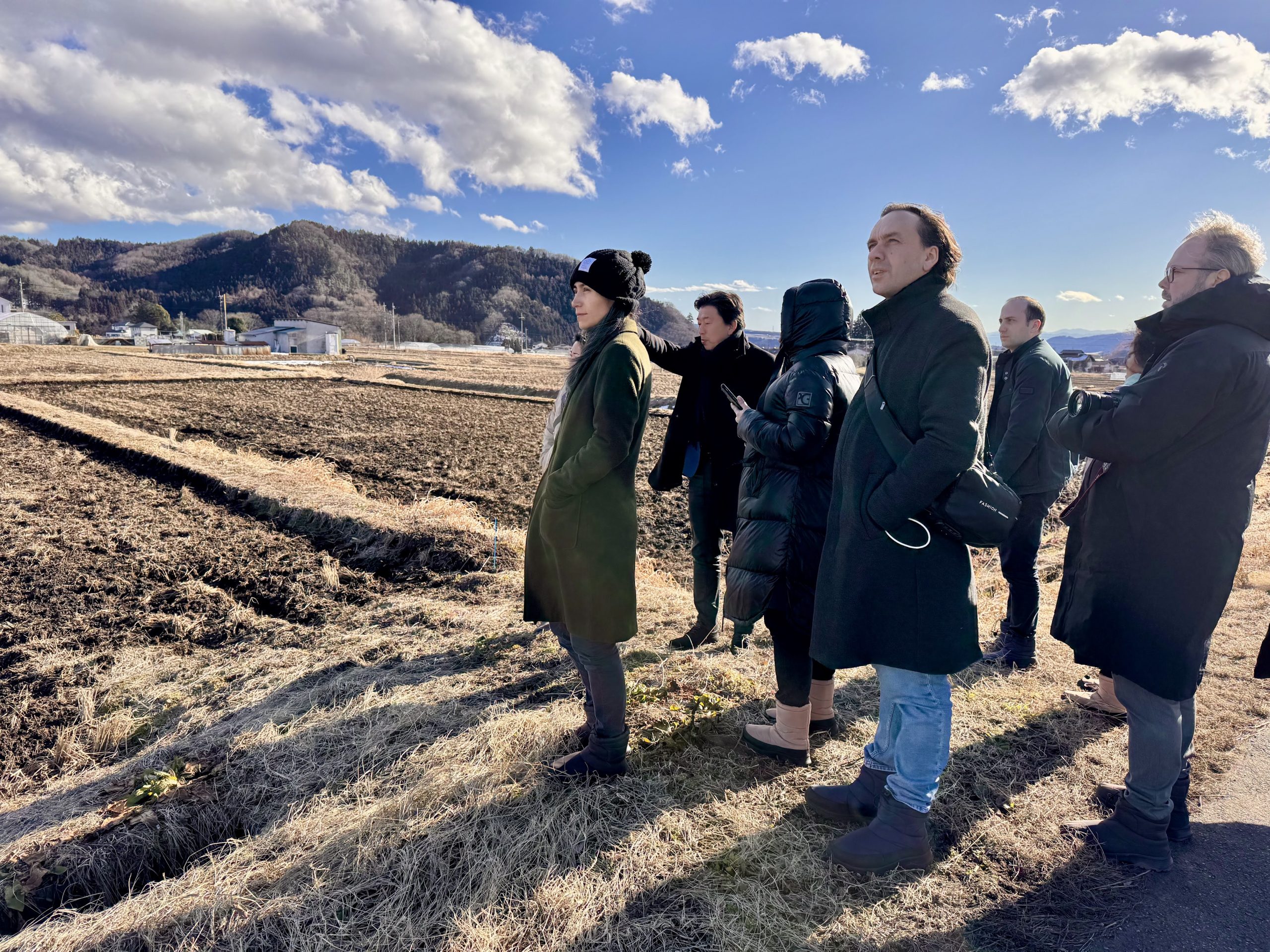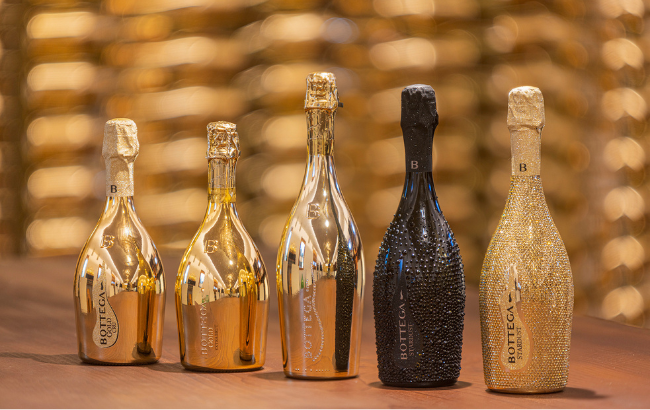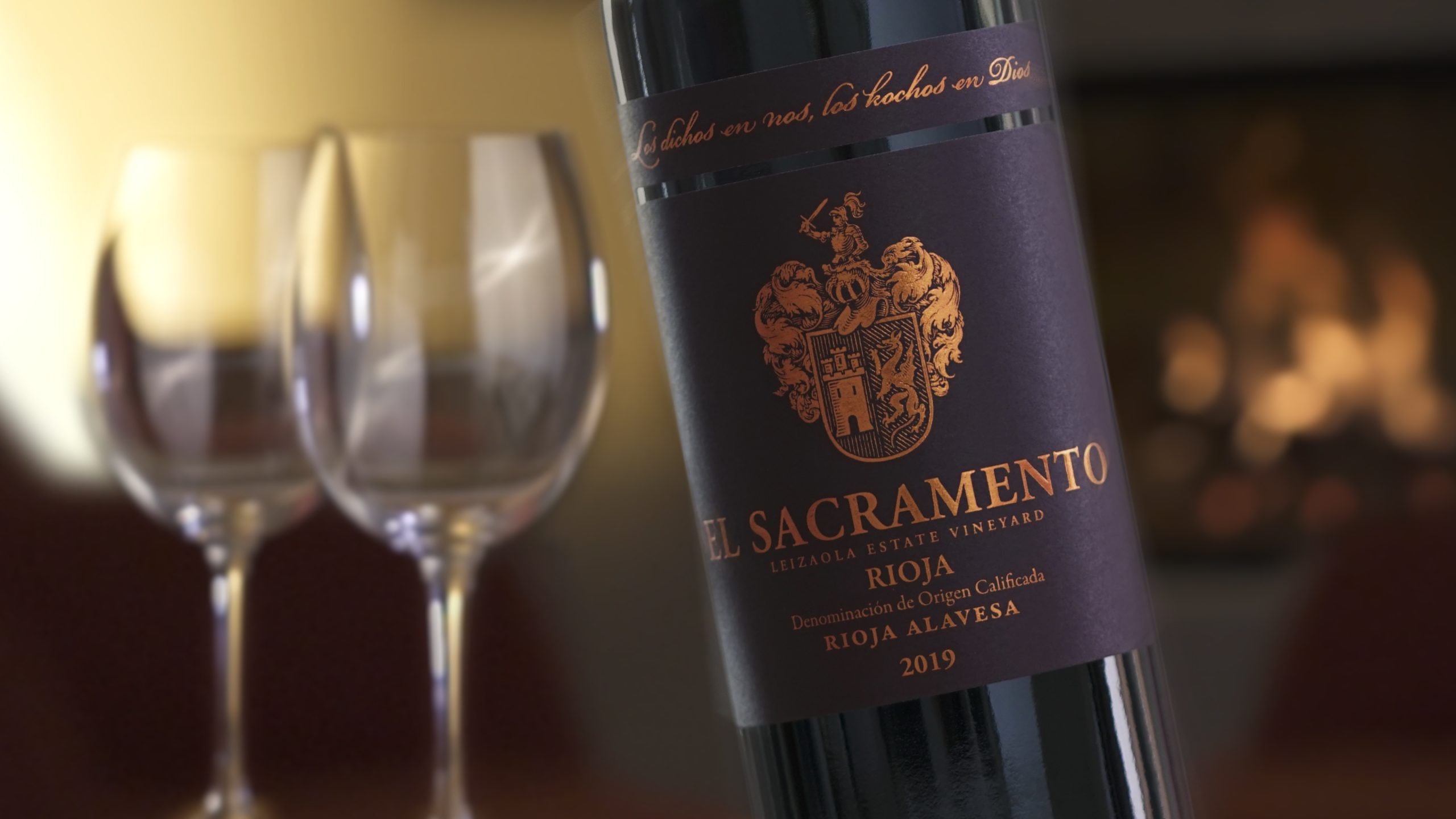Campari takes out €750m loan facility
By Ron EmlerDavide Campari-Milano has further strengthened its balance sheet by arranging a medium-term loan for up to €750 million with a consortium of banks.
The Milan-based company, famous for its aperitifs and spirits brands including Wild Turkey Bourbon, Grand Marnier and Skyy vodka, will use the facility primarily to repay a loan €581 million which falls due at the end of September.
The new short-term facility will expire at the end of June 2021 but can be extended by a further six months.
In its annual accounts to December 31, Campari’s ratio of net debt to adjusted earnings before interest, tax, depreciation and amortisation (EBITDA) stood at just 1.6, one of the strongest in the international drinks sector.
The new loan, arranged when international interest rates, are at record lows, bolsters Campari’s cash and cash equivalents of €704.4 million (as at 31st December 2019) and its existing undrawn credit lines of €500 million.
Some of that will be spent in paying shareholders the €63 million dividend due next week and also in continuing the company’s €350 million share buyback programme, which it reaffirmed today.
Partner Content
Last month Campari, in parallel with most of its global rivals, withdrew its guidance for this financial year in response to the ravages of the Covid-19 pandemic and its crippling affect on international sales, especially in the on-trade and duty free sectors.
Today’s company statement reiterated that it was “able to maintain all its financial commitments”.
At the end of June Campari’s shareholders will hold a second vote on whether to move its legal headquarters from Milan to Amsterdam , where Dutch corporate law will give it extra protection from potential takeovers. This, the group says, is part of its long-term strategy.
It would also further cement control of the group by the Garavoglia family.




